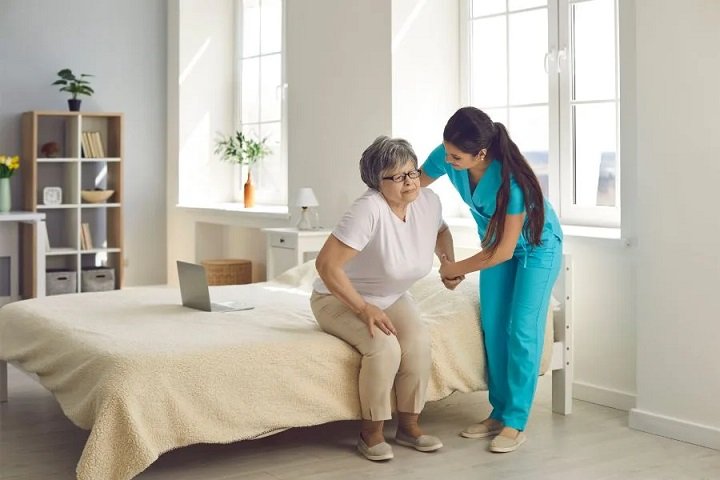
Comprehensive Senior Care Solutions for Every Stage of Aging
Comprehensive senior care solutions tailored to each stage of aging, ensuring comfort, safety, and quality of life for older adults and their families.
Have you ever wondered what kind of help people need as they get older? As we age, our bodies and minds change, and so do our daily needs. Some people may need just a little help, while others may need more support to stay safe and happy.
This is where comprehensive senior care solutions come in. In this post, you’ll learn how care changes with age and how the right support can improve quality of life at every stage.
Understanding the Different Stages of Aging
Early stages often bring small changes, like needing reading glasses or feeling tired more often. Middle stages may include health issues that need regular care, such as high blood pressure or joint pain.
Later stages might involve memory problems or trouble moving around safely. It also helps seniors feel more prepared for the future.
Early Care Makes a Big Difference
Many people think senior care is only for the very old, but that’s not true. Seniors in their 60s or even late 50s may want help staying active, eating healthy, and managing medications.
Having someone check in regularly can prevent small problems from turning into big ones. Early support also gives families time to plan for future needs in a calm and thoughtful way.
When Daily Tasks Become Harder
As aging continues, tasks like cooking, cleaning, and driving may become hard to manage. This is often when families look into home care or assisted living. Home care allows seniors to stay in their own homes while getting help with daily activities.
Assisted living is another choice where older adults live in a place with staff nearby to help. This is a good time to look for support and care tailored for seniors.
Meeting Health and Safety Needs
Seniors may need help managing illnesses like diabetes or heart disease. Some may need help after surgery or hospital stays.
In these cases, skilled nurses or therapists might be part of the care team. Safety is also a big concern. Ramps, handrails, and alert systems can help prevent injuries and allow seniors to stay home longer.
Helping the Mind Stay Strong
Caring for mental health is just as important as physical health. Many seniors feel lonely or sad, especially if they live alone or have lost loved ones. Others may deal with memory loss, like dementia.
Memory care programs and friendly social activities can help. Staying connected with family, friends, or community groups keeps the mind active.
Family Matters Too
Families are an important part of senior care. They often help with doctor visits, money matters, or making hard choices. But caring for a loved one can be tiring.
They may provide short breaks for caregivers, counseling, or even group meetings where people can share advice. When families feel supported, they can give better care and feel less stress.
The Right Care Brings Peace of Mind
Comprehensive senior care solutions are not one-size-fits-all. They change based on age, health, and personal needs.
From early support to help with complex care, these solutions offer comfort and security. They also give families confidence that their loved ones are getting the care they need.
Aging Can Still Be a Beautiful Journey
Aging doesn’t have to be scary or lonely. With the right care, older adults can enjoy many happy and healthy years. Knowing when and how to find help can make a big difference.
Whether it’s a little support at home or full-time care in a safe place, each step matters. Did this guide help you? Browse the rest of this section for more advice on a variety of topics.


